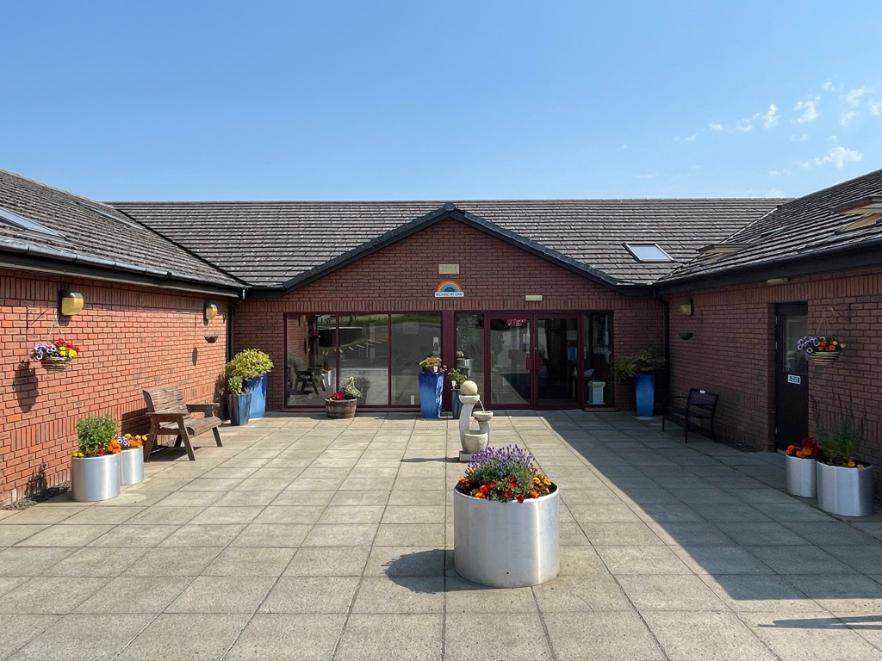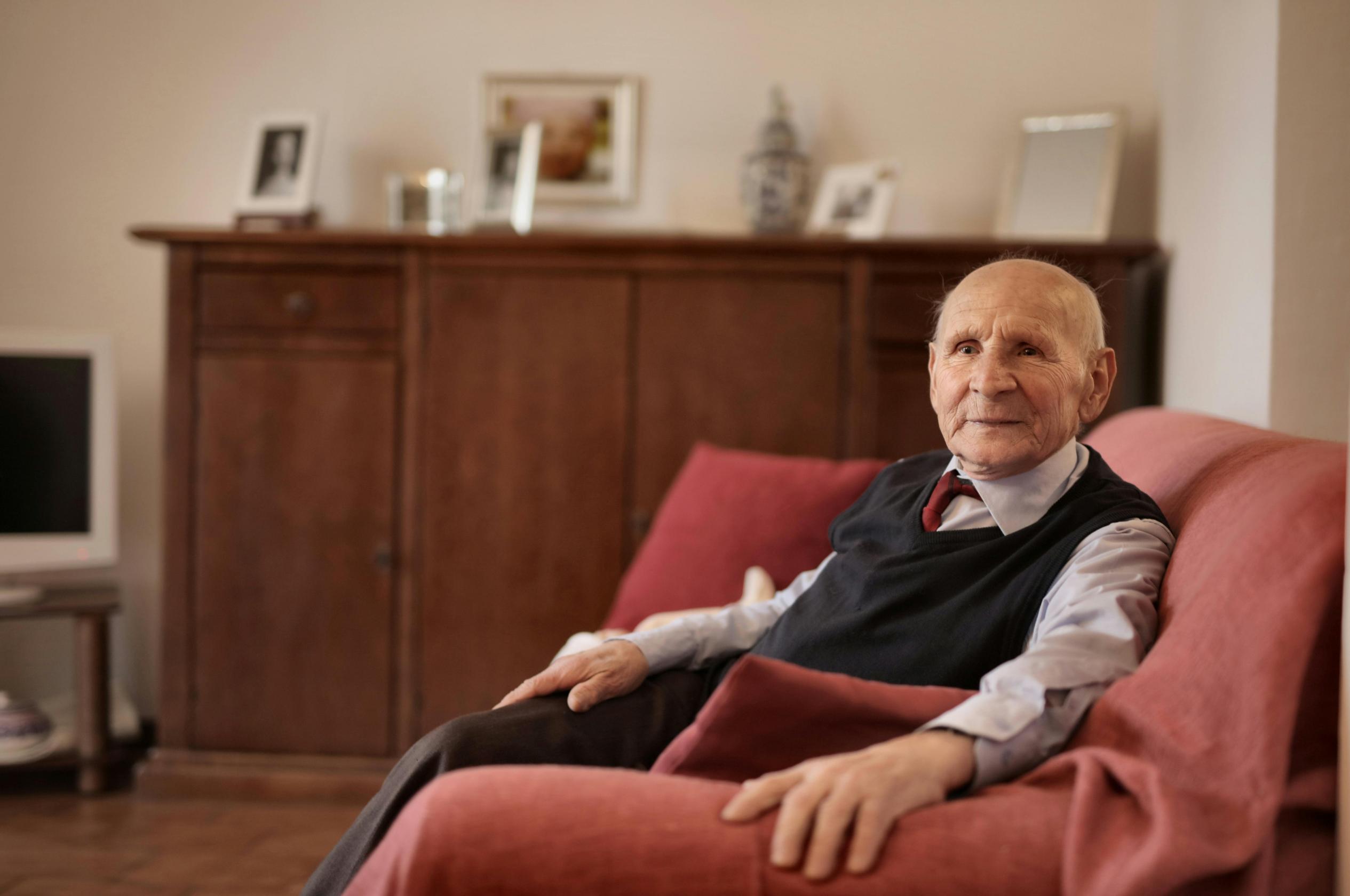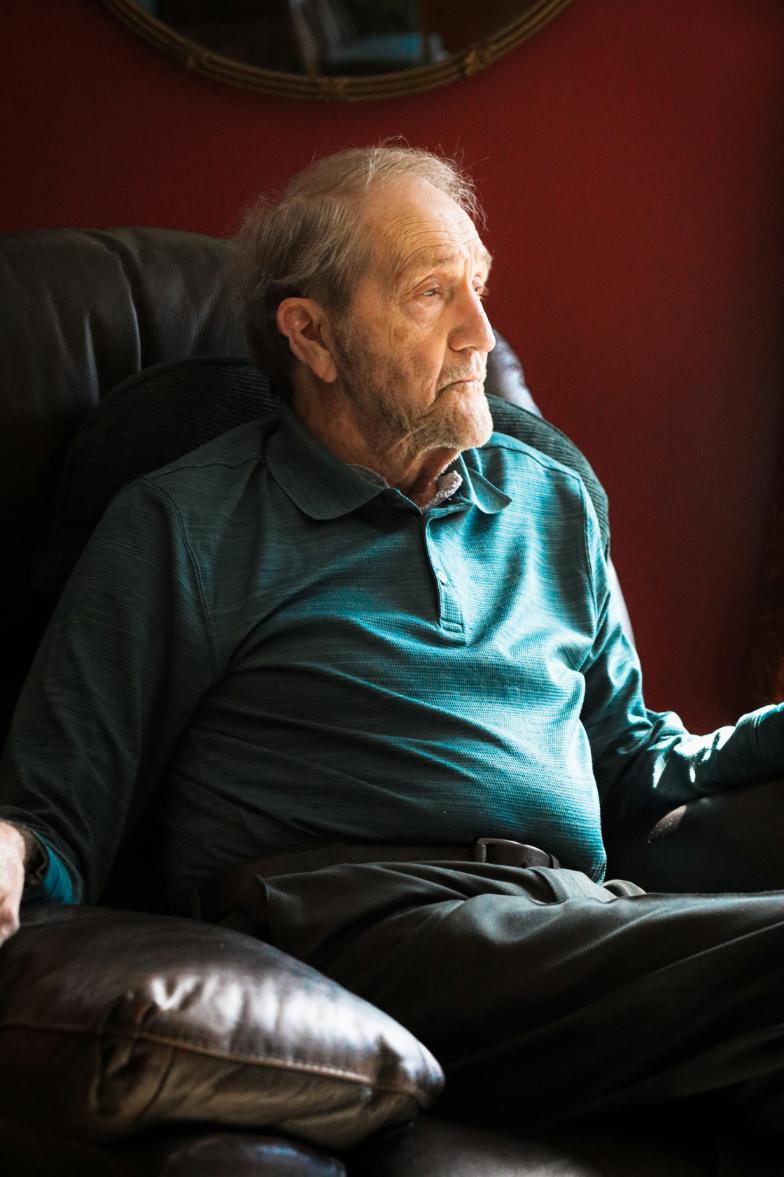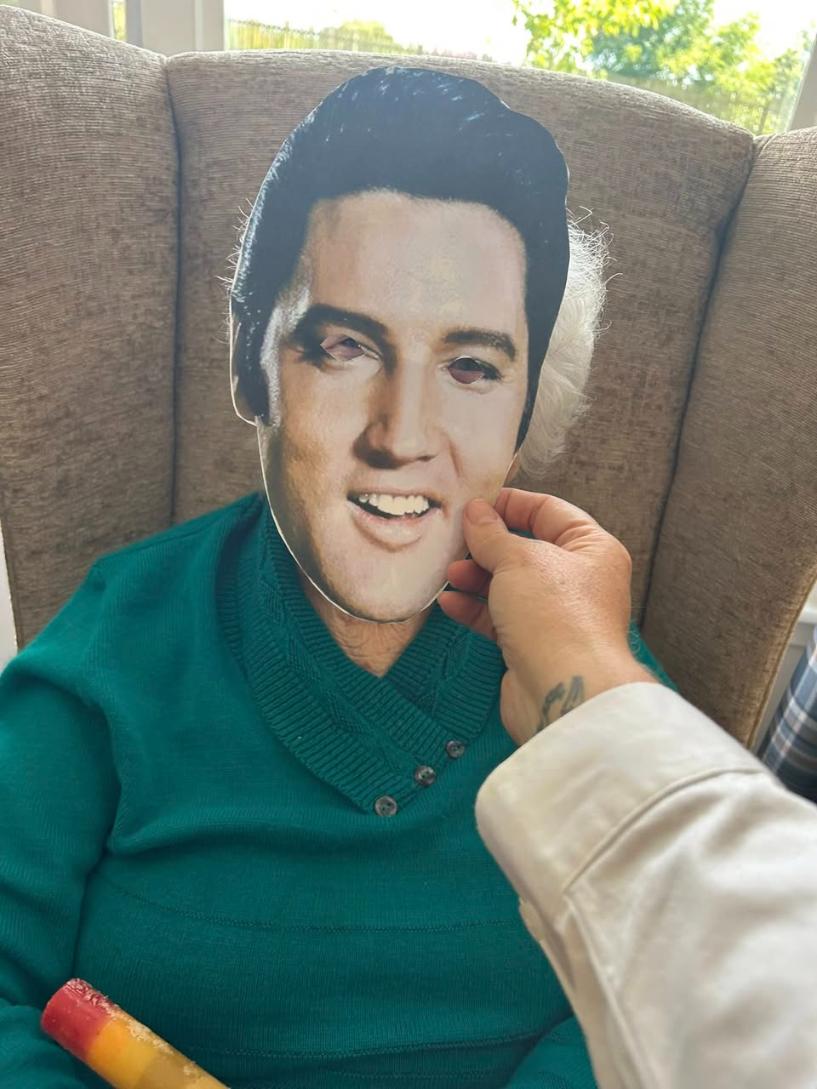The Role of an Activity Coordinator in a Care Home
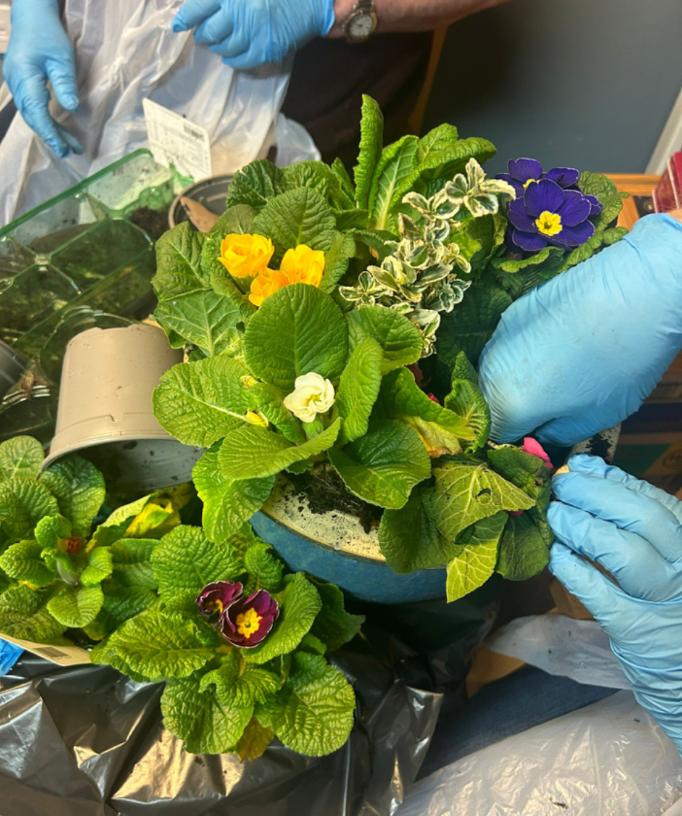
Care homes are communities where older adults can thrive physically, emotionally, and socially. Beyond providing safety and support, care homes should nurture residents’ mental and emotional wellbeing, helping them enjoy fulfilling lives every day. An Activities Coordinator is responsible for planning, organising, and facilitating various activities, but they don’t just organise entertainment; they help create an environment where all residents feel valued and included. By tailoring activities to each resident’s interests and abilities, they ensure people are enthusiastic about joining in and want to take part rather than sit in their room alone.
What is an Activity Coordinator?
Activity coordinators are the creative and compassionate forces driving a care home’s social life. They focus on far more than simply planning events—they bring people together, encourage connections, and create meaningful experiences that help residents feel energised and purposeful.
They learn about each resident’s personality, hobbies, and preferences, so every activity reflects their individuality. This might mean rekindling a love for music through a singalong for some. For others, it could involve reminiscing over a few memories during a quiet chat. Whatever the activity, they make sure it resonates with the resident personally.
Activity coordinators don’t just rely on creativity—they also bring various skills to their role. Their organisational skills ensure activities run smoothly, while their adaptability helps them tailor events to suit a wide variety of needs. Above all, they lead with compassion, showing kindness and warmth that makes every resident feel included and valued. Excellent communication skills are essential for engaging with residents and gently encouraging them to participate in activities.
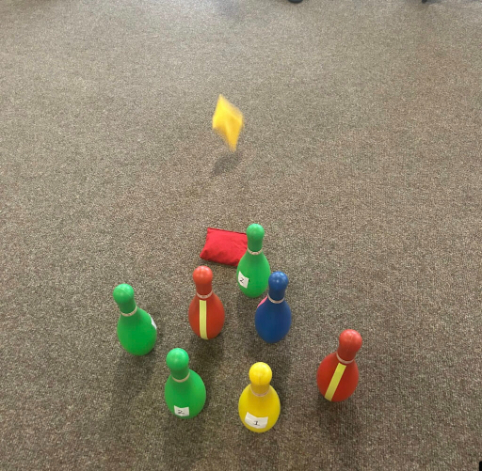
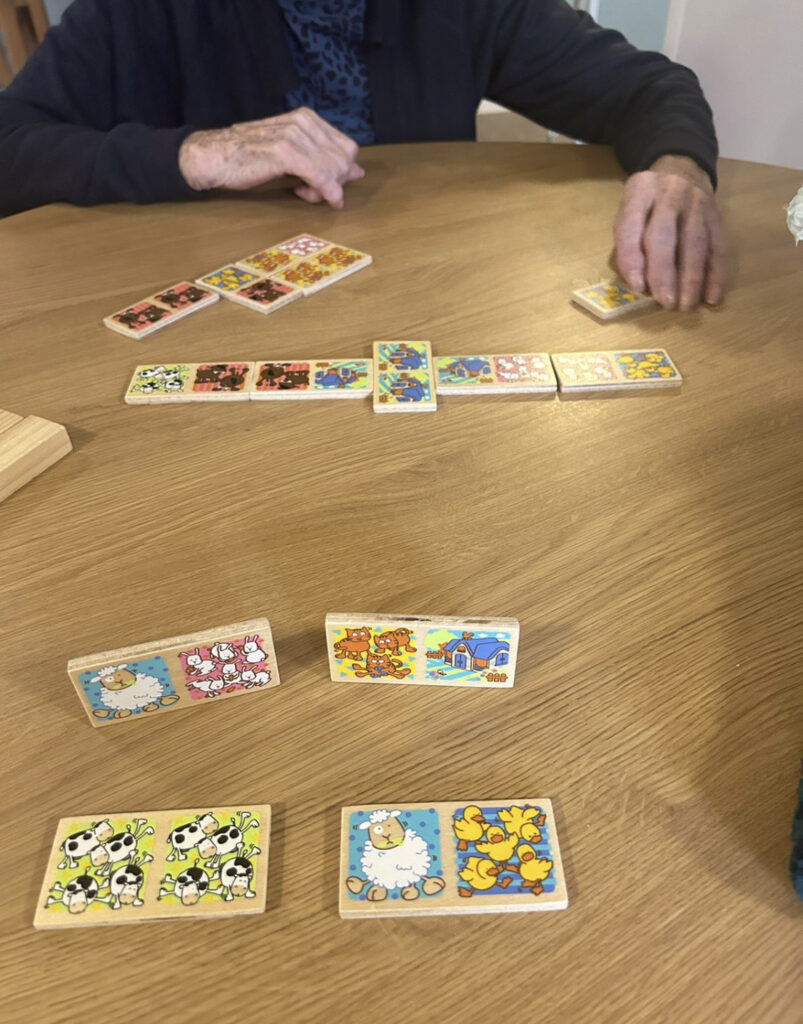
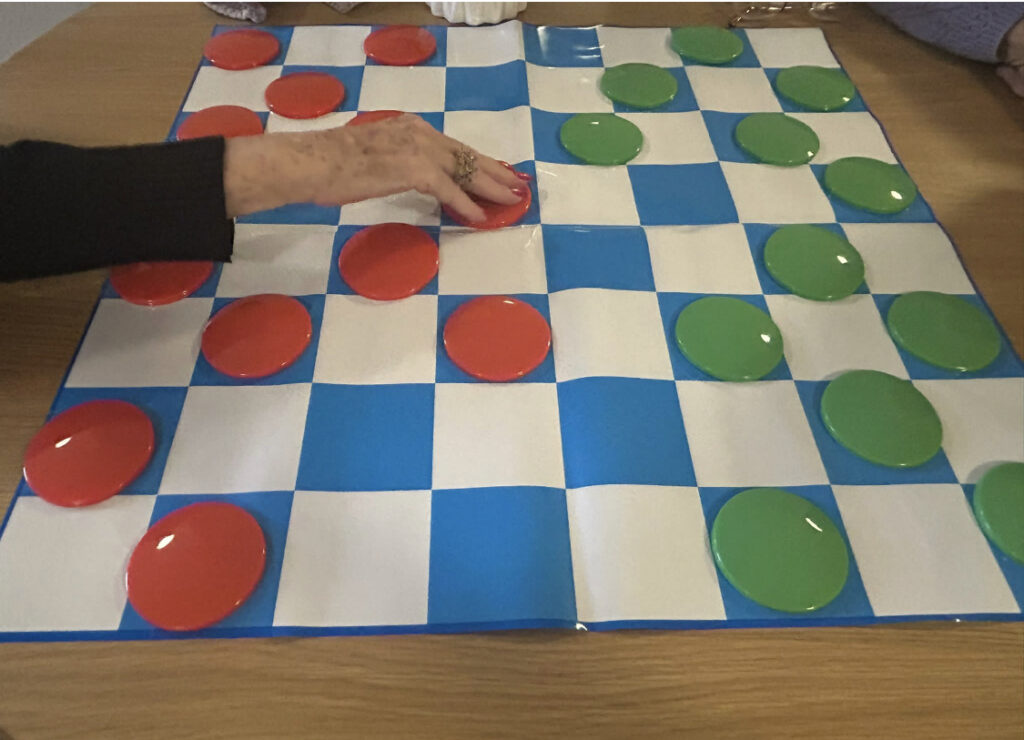
What Does an Activity Coordinator Do in a Care Home?
An activity coordinator’s day is always varied because their role goes beyond creating schedules—they ensure that every resident has the chance to socialise and enjoy activities that suit their abilities and preferences. An activity support worker assists in organising these activities, tailoring them to meet each person's unique needs and preferences. Here’s how they do it:
Organising and Planning Group Activities
Activity coordinators design engaging programmes that give residents something to look forward to daily. They are responsible for planning and organising events, including a mix of group activities and one-on-one sessions, always tailoring them to the residents’ needs and interests. Common activities in nursing homes include arts and crafts sessions, where residents create seasonal decorations or explore their creativity through painting or a gentle exercise class that gets everyone moving and laughing together. Music sessions are another favourite, as they bring residents together through the power of song, helping to spark memories and emotions.
Activity coordinators also arrange outings to local parks, shops, or cafés, allowing residents to stay connected with the world beyond the care home. Engaging with the local community for these outings is crucial for building connections and support.
Personalising Activities for Each Resident
Activity coordinators take time to learn about residents’ hobbies, interests, and life experiences, tailoring their approach to suit individual needs. Local knowledge also plays a crucial role in personalising activities, helping coordinators connect with schools, churches, charities, and local groups, and engaging residents' families and friends.
For residents with dementia, coordinators might focus on sensory activities or memory-based tasks that bring comfort and familiarity. They also adapt activities for those with limited mobility, offering seated exercises or tabletop games that are just as enjoyable. This personal touch ensures that every resident feels included and valued, no matter their abilities or preferences.
Encouraging Social Connections
Social interaction can significantly enhance the quality of life for older adults, and activity coordinators create opportunities to combat isolation and encourage friendships. They host group activities like quizzes, discussions, or board games, naturally bringing people together. Even quieter residents benefit as coordinators find ways to involve them in meaningful interactions. Whether sitting down for a chat or sharing a cup of tea in the garden, they ensure everyone feels part of the community.
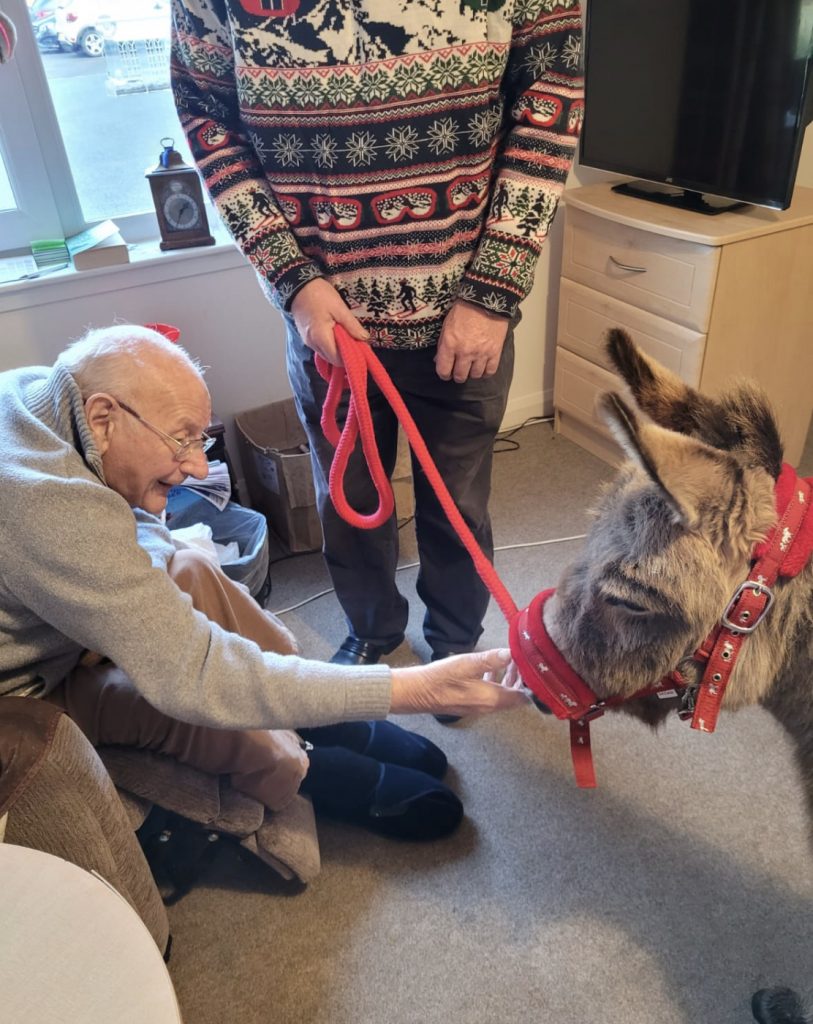
Boosting Physical Wellbeing
Engaging with others also lifts residents’ spirits, reduces stress, and gives them a sense of purpose. Whether they’re enjoying a lively game or participating in a calming craft, residents feel more energised and positive.
Celebrating Special Moments
Activity coordinators know the importance of celebrating milestones. Whether it's organising a birthday party, decorating for seasonal events like Halloween or Valentine's Day, or marking the Christmas holidays, they create ways for everyone to share the fun. These celebrations strengthen the care home's sense of community, connecting residents to the passing months and helping them hold on to memories of things they enjoyed in the past.
Why Is the Role of an Activity Coordinator So Important?
Activity coordinators are crucial in turning a care home into a true home for its residents. Their creativity, energy, and dedication make everyday life meaningful and fulfilling. Coordinators actively provide residents with opportunities to move, think, and connect. Studies show that regular participation in activities can improve cognitive function, elevate mood, and even enhance physical health.
These activities help reduce agitation, promote comfort, and encourage moments of clarity for residents with dementia. For those struggling with mobility, tailored exercises help maintain strength and independence. Social isolation can be a serious issue for older adults, but activity coordinators tackle this by building a sense of connection. Group activities, shared experiences, and personal interactions help residents forge friendships and feel part of a community.
A Day in the Life of an Activity Coordinator
An activity coordinator’s life is busy and rewarding, filled with moments that bring joy to others. Excellent time management skills are crucial for balancing the demands of both the job and ongoing training.
Mornings often begin with group activities, such as a gentle exercise class, to help residents stay active. The coordinator greets everyone warmly and ensures each person feels encouraged to participate. Some residents attend for the physical benefits, while others enjoy the social aspect of being together. The coordinator might lead a creative session mid-morning, such as painting or making decorations. Residents engage in their own ways—one may reminisce about painting as a child, while another explores their creative side for the first time.
After lunch, the coordinator might host a baking session where residents gather to make scones or biscuits. When the comforting smell of baking fills the air as the group shares stories and memories from their younger years. For residents who prefer quieter activities, the coordinator finds one-on-one time. This could involve flipping through a photo album, taking a walk in the garden, or simply sharing a cup of tea.
Later in the day, preparations begin for an evening event, like a quiz night or a birthday party. The coordinator ensures every detail is taken care of, from decorations to music, creating an event that brings everyone together for fun and laughter. By the end of the day, the coordinator has connected with countless residents, helping to brighten their day and create meaningful moments.
How Families Can Get Involved
When visiting, family members can participate in group sessions, whether helping out during a baking class, playing along in a quiz, or simply chatting during afternoon tea. These shared moments strengthen bonds and help families create more memories. Families can also share ideas about hobbies or interests their loved ones might enjoy. Whether it's a favourite type of music, a nostalgic activity, or a cherished recipe, these suggestions help coordinators personalise the programme to suit each resident. Staying involved is still possible for families who live further away. Sending letters, sharing photos, or joining video calls during activities are small but meaningful ways to stay connected.
Bringing Life and Fun to Every Day
Activity coordinators bring energy, creativity, and heart to every corner of a care home. They ensure residents feel connected, valued, and engaged in their daily lives. Their work goes beyond organising activities—they create a sense of belonging where every resident feels cared for and included. Families, too, benefit from the peace of mind that comes with knowing their loved ones are thriving in a happy, active, and welcoming environment.
If you'd like to see the difference an activity coordinator makes or learn more about life at our care home, we'd love to hear from you. Contact us today to arrange a visit and discover how we help every resident enjoy a vibrant and fulfilling life.
